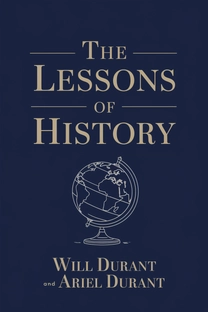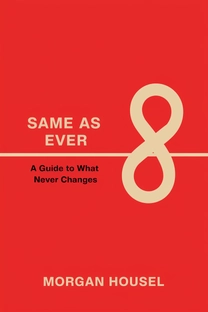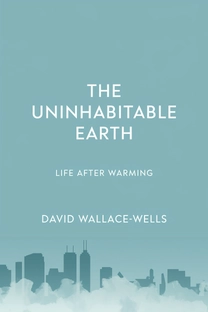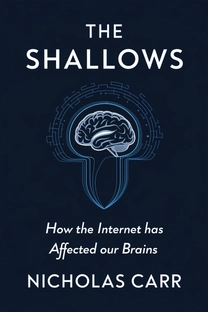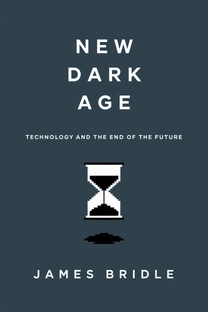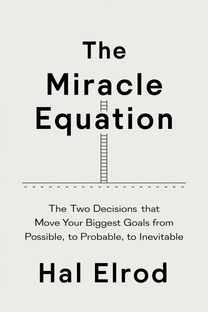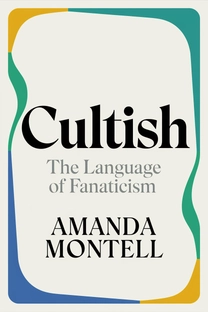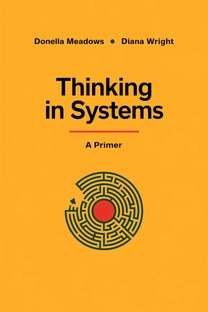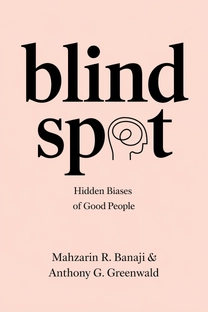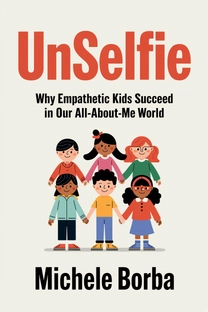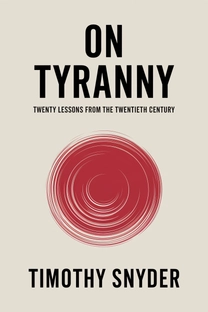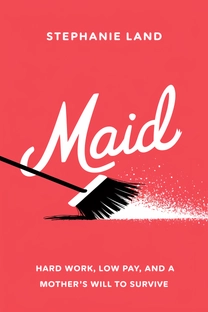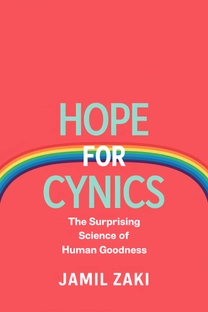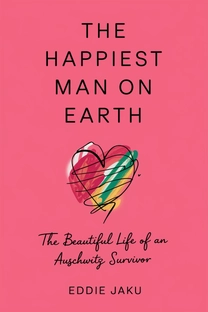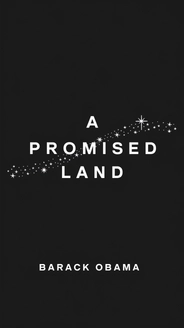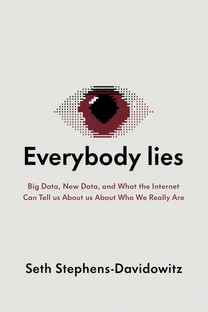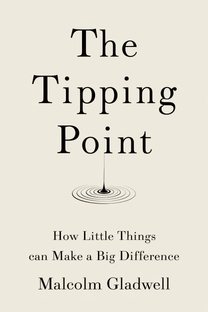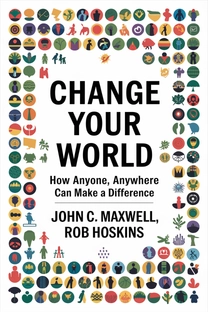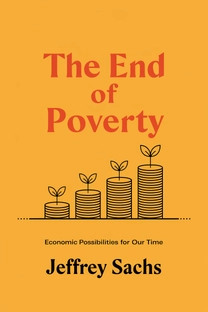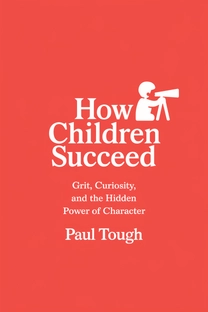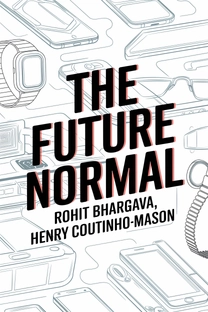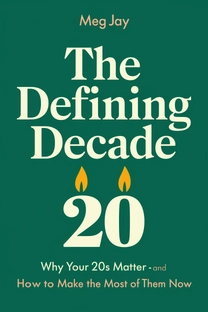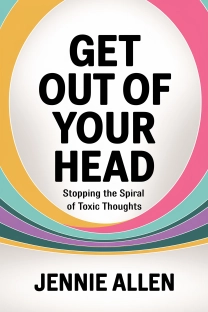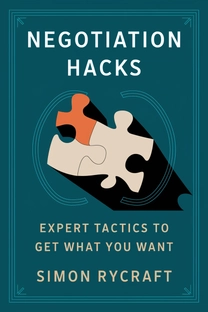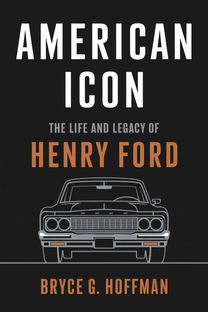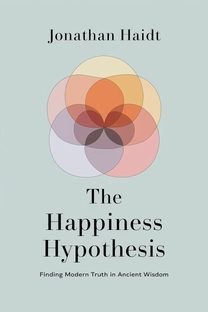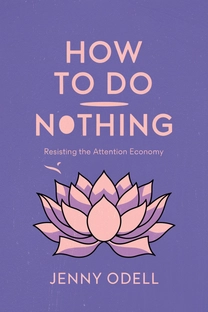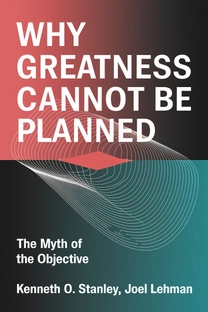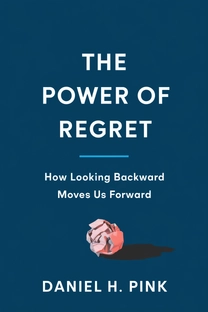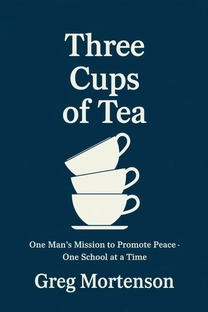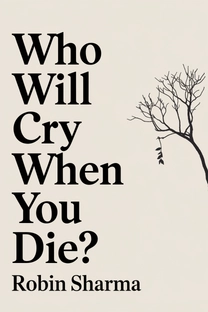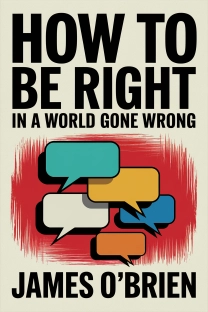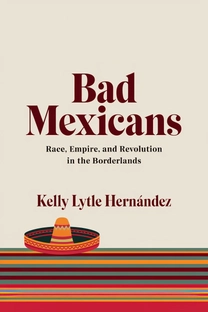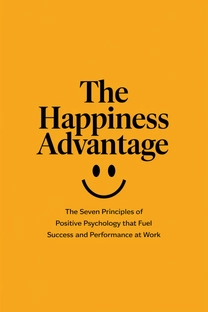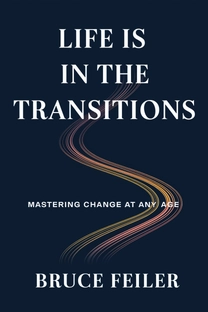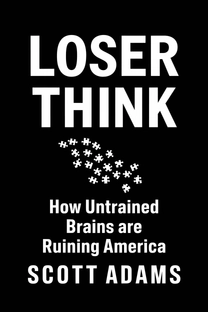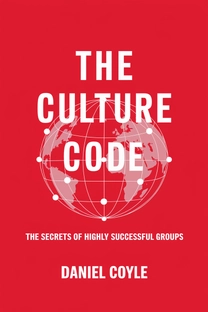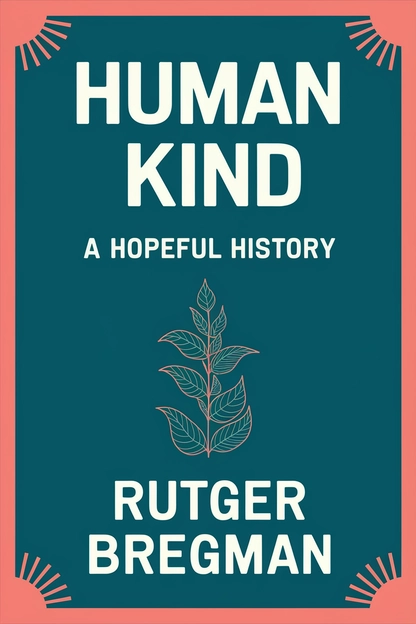
Humankind
A Hopeful History
by Rutger Bregman
Brief overview
This book challenges the widespread assumption that people are self-centered or easily driven to cruelty. By weaving together historical examples and scientific research, it contends that humans are innately kind and cooperative. Readers can expect to explore stories of surprising altruism and discover how crises often bring out generosity, rather than selfishness.
Introduction
Imagine a world where ordinary people consistently help neighbors and even total strangers. This might sound too idealistic, yet countless stories show that kindness is more common than we think. Many of us have also heard about darkness in human nature—from real-life horrors to famous experiments suggesting people submit to cruelty. But what if humanity’s core is much gentler?
This book starts by challenging the assumption that most folks are fundamentally selfish. It shows how media negativity feeds our pessimism and how, in reality, compassion and understanding often triumph. By rethinking our view of what drives us, we unlock a fresh perspective on social issues, education, business, and politics.
The central argument is that humans are wired for cooperation more than conflict. We see it whenever disaster strikes and communities pull together. We see it in groundbreaking research with children, who display empathy and helpfulness from an early age. Our capacity for goodness may be much greater than we ever imagined.
Unraveling Negative Myths
For decades, we’ve been told that humans descend into chaos when social norms break down. Popular culture is filled with images of looting, violence, and every-man-for-himself panic in emergencies. Yet when researchers examine real events—like evacuations during floods or earthquakes—they frequently find a different pattern: neighbors rescuing trapped families, strangers offering food, and communities rebuilding together.
Similar misconceptions come from sensational news coverage. Because we constantly hear about crime and conflict, we assume these behaviors are typical. We underestimate the quiet, daily acts of support that surround us. This negativity bias primes us to believe the worst about others, even though reality is far more nuanced.
The book cites examples like the Blitz in WWII London, where, instead of panicking, most residents showed calm solidarity. By questioning the media’s fixation on fear and violence, we can open ourselves to evidence of widespread altruism.
What is Humankind about?
In “Humankind: A Hopeful History,” Rutger Bregman challenges the belief that humans are inherently selfish. By revisiting major historical events and reviewing scientific research, he demonstrates that empathy and cooperation often prevail, even in times of crisis. The book emphasizes everyday acts of kindness, showing that communities can thrive when people trust and support each other.
From powerful case studies to overlooked data, Bregman reveals how hope and compassion can reshape society. He contends that recognizing our caring instincts can inspire more collaborative choices—in workplaces, classrooms, and civic life. Highlighting the mindset shift from fear to understanding, “Humankind” offers a fresh perspective on what truly drives us as social beings.
Review of Humankind
This book’s strength is its evidence-based look at human nature, drawing on real-world crises and re-examined studies. Bregman blends research with accessible storytelling, offering practical applications for more trusting corporate cultures, compassionate communities, and respectful daily interactions. Readers gain actionable tips for promoting empathy, from small acts of generosity to broader policy changes and inclusive leadership styles.
Bregman writes with clarity, acknowledging the darker parts of history yet spotlighting the many ways people show goodness. Educators, professionals, and anyone eager to see beyond cynicism will find it especially relevant. If you want a thoroughly researched, compassionate exploration of society’s potential, “Humankind” is a strong recommendation.
Who should read Humankind?
- Educators who want fresh insights into inspiring cooperative classroom dynamics
- Leaders seeking ways to nurture empathy and high morale in organizations
- Social science students looking for an evidence-based challenge to cynicism
- Wider community activists aiming to promote solidarity and mutual aid
- Curious readers interested in rethinking their assumptions about human nature
About the author
Book summaries like Humankind
Why readers love Mindleap
10-Minute Book Insights
Get the core ideas from the world's best books in just 10 minutes of reading or listening.
Curated For You
Discover your next favorite book with personalized recommendations based on your interests.
AI Book ExpertNew
Chat with our AI to help find the best book for you and your goals.
Reviews of MindLeap
Love how I can get the key ideas from books in just 15 minutes! Perfect for my busy schedule and helps me decide which books to read in full.
Alex R.
The summaries are incredibly well-written and the audio feature is perfect for my commute. Such a time-saver!
Jessica M.
Great app for personal growth. The insights are clear and actionable, and I love how they capture the essence of each book.
Chris P.
The app is beautifully designed and the summaries are top-notch. Definitely worth every penny!
Sarah K.


